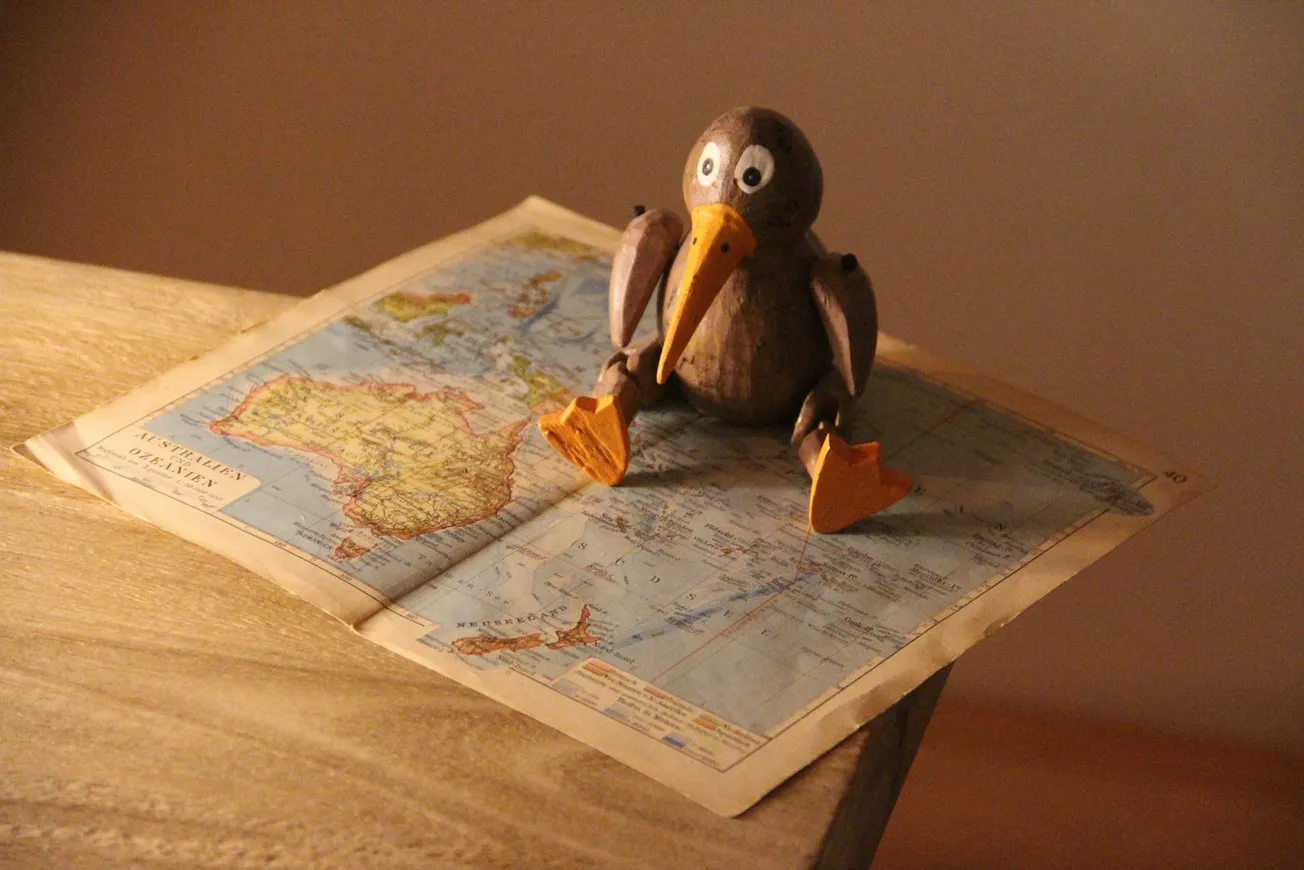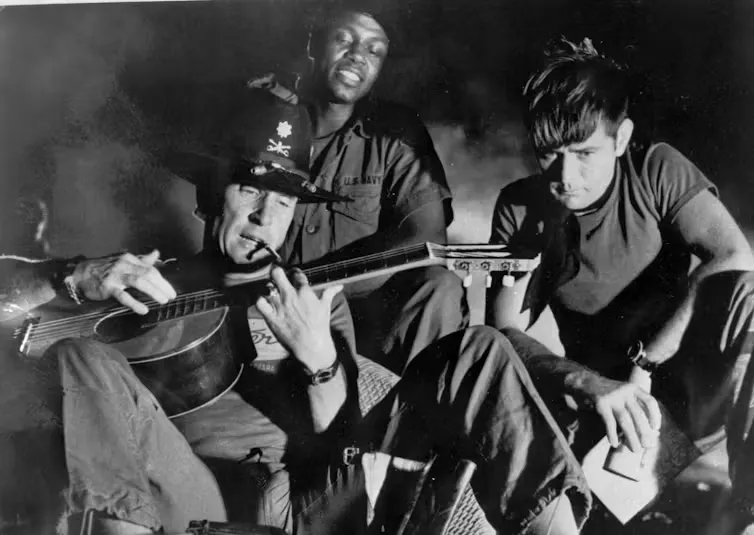Table of Contents
As well as stopping the pernicious plot by stealth to convert the governance of New Zealand to 50% control by a coterie of Maori extremists and their Pakeha Marxist followers under their He Puapua Plan, we need to call a halt to changing the name of our country to Aotearoa, or the even more pernicious campaign to substitute the tautological tongue-twister, Aotearoa-New Zealand.
It’s all very well for Ardern to assure us that there is no government plan to change the country’s name. But, in her increasingly dissembling mendacity, she goes on to say an official name-change, was “not something we’ve explored,” but that she supported more people using the name. “I hear more and more often the use of Aotearoa interchangeably with New Zealand and that is a positive thing,” she said. “Whether or not we change it in law I don’t think changes the fact New Zealanders do increasingly refer to Aotearoa, and I think that’s a transition that has been welcomed.”
So is it any wonder that Ardern, her ministers and public service officials increasingly use Aotearoa as a synonym for New Zealand.
There are two main reasons to oppose any change of the name of our country to Aotearoa:
First:
Link here to Wikipedia:
https://en.wikipedia.org/wiki/Aotearoa
Especially where it says:
The original meaning of Aotearoa is not known. The word can be broken up as: ao (‘cloud’, ‘dawn’, ‘daytime’ o’world’), tea (‘white’, ‘clear’ or ‘bright’) and roa (‘long’). It can also be broken up as Aotea, the name of one of the migratory canoes that travelled to New Zealand, and roa (‘long’). One literal translation is ‘long white cloud’, commonly lengthened to ‘the land of the long white cloud’. Alternative translations are ‘long bright world’ or ‘land of abiding day’, possibly referring to New Zealand having longer summer days in comparison to those further north in the Pacific Ocean.
Having lived in tropical Samoa for seven years, and sailed in ships through the South Pacific Ocean, I can personally attest that seeing a cloud on the horizon as a pointer to an island below is in no way unusual, but what was surprising during a holiday visit back home to New Zealand was to walk outside Auckland’s Civic Theatre at the approximately 9 pm half time interval and find that it was still daylight, as compared with Apia, Samoa where it was always dark by 7 pm If there were truth in the myth, I can readily agree with the alternative translation of Aotearoa as “land of the long daylight”.
Or modern historian Michael King:
In fact in the pre-European era, Maori had no name for the country as a whole. Polynesian ancestors came from motu or islands and it was to islands that they gave names.
Depending on who you read, the name Aotearoa was introduced by Pakeha writers such as S. Percy Smith in the 1800s, after the signing of the Treaty of Waitangi. Go back to the first formal declaration by Maori chiefs of the existence of these islands as a country, which was He Whakaputanga, details of which can be found here, which tells us:
In 1831, 13 Ngapuhi chiefs wrote to King William IV of the United Kingdom to seek an alliance and protection from other powers. On 28 October 1835 James Busby took this a step further at a hui (meeting) he had called at Waitangi. By the end of the day 34 rangatira had signed He Whakaputanga o te Rangatiratanga o Nu Tireni (known in English as the Declaration of Independence of the United Tribes of New Zealand).
Note the name given to their islands: Nu Tireni (a te reo transliteration of New Zealand).
Then go to the Maori version of the Treaty itself, in which the country is named as Nu Tirani. No mention of Aotearoa, just as there is no mention of the words “partnership” or “principles”.
The claimed origin of the name Aotearoa is as much a myth as the story that the North Island was a giant fish hauled out of the ocean by the Polynesian seafarer Maui, such that the North Island is still referred to in Maori as Te Ika a Maui.
The second reason for opposing the name change is that not only is the name New Zealand not a myth, but it has also become the internationally known and respected brand name for a range of primary product exports that are the backbone of our national economy: lamb, beef, butter, cheese, apples, pears, seafoods, kiwifruit, wine.
I happen to know something about wine exports, having been closely involved, as inaugural CEO of the Wine Institute of New Zealand (1976-91) in developing the export of our uniquely flavoured wines to over 100 countries throughout the world. In fact, when New Yorkers or others in the world sit down to an all-New Zealand meal in one of their restaurants, it is our bottle of wine with its label that is the only item on the table that proclaims New Zealand and affirms the high quality of our foods and wine.
To try to match that with a mythical name like Aotearoa would be as hard as identifying the home of the Sheriff soccer team in Transdnistria (recently in the sports news), if you know where in Europe that is. (Next door to Moldova – if you know where that is).
No one can have a reasonable objection to anyone speaking or writing te reo using the name Aotearoa to refer in Maori to New Zealand. But just like Germans using “Deutschland” when speaking their native language or “Germany” when speaking English, it’s OK to use Aotearoa in te reo Maori: but in English, certainly not that tautological tongue-twister Aotearoa-New Zealand, just the one simple, correct name: New Zealand.
Tailpiece
To those ingenues who object to New Zealand because of an association with the Dutch province of Zeeland from which Abel Tasman created our name after his 1642 visit to our then un-named islands, here’s an alternative bone to chew on:
When our greatest soldier, Lieutenant-General Bernard Freyberg VC, was elevated to the peerage in 1951 (read about it here) he adopted a motto related to this country of which he was Governor-General 1946-52: New Zeal and Honour
Say it out loud for yourself. Then repeat our country’s name. Which syllable is the one that is accorded the most stress: Zeal.
I am one native Kiwi who is proud and happy to be known for my zeal rather than for any association with a name taken from what is nothing but a fairy story. And the sooner that fable is put to bed along with the fairy princess who is trying to foist it on us, the better.
So, to repeat: when speaking or writing in te reo, no problem with the use of Aotearoa.
But in English, and in official use and documentation: it’s New Zealand.
Please share this BFD article so others can discover The BFD.









